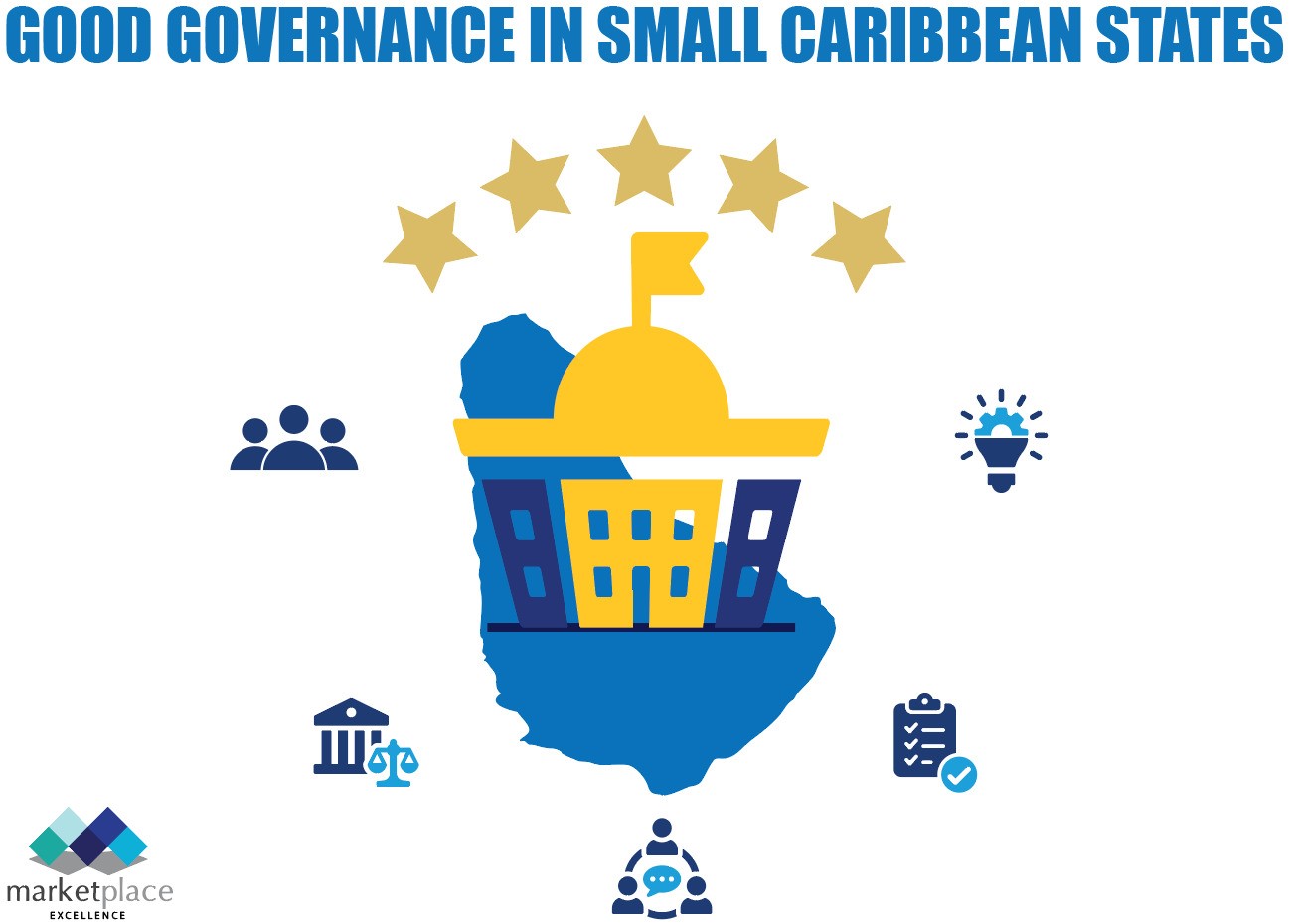“Let every person be subject to the governing authorities. For there is no authority except from God, and those that exist are instituted by God.” – Romans 13:1
I regularly listen to a call-in program in Barbados as a barometer of the pulse of societal feelings.
I note that callers, or those who text on WhatsApp, have a myriad of issues for which they seek comfort from the program host. These issues include the rising cost of living, regulatory obstacles, service quality, political perspectives, economic initiatives, spiritual questions, and social problems.
The principle: “When Barbados wins, we all win!” comprehensively embraces solutions to resolve these issues.
For Barbados to win, we must prioritize good corporate governance.
The Role of Good Governance
Good governance is the foundation of sustainable development. This is especially true for small Caribbean states where vulnerability and opportunity coexist in a delicate balance.
The Caribbean stands to benefit immensely from good governance. It can lead to poverty reduction, improved public and private sector services, and greater resilience to economic shocks and natural disasters.
These challenges hinder private sector development and often limit proactive crisis response, whether arising from hurricanes, pandemics, or global economic shifts. Yet, the solutions are within our grasp. By focusing on governance reform in leadership, institutions and policy frameworks, we can drive the transformation our nations so urgently need.
Lessons from Singapore
Singapore is a compelling example of governance excellence. It is widely admired for its strong institutions, disciplined leadership, and forward-thinking policies which has led to it becoming a global economic powerhouse.
Though often described as a “benevolent dictatorship” within a democratic framework, Singapore’s model is built on the five pillars of governance: benevolence in leadership, global connectivity, openness to new ideas, institutional reliability, and a culture of enterprise.
1. Benevolence in Leadership
Leadership in Singapore consistently prioritizes national interests over short-term political gains.
The Caribbean must adopt this mindset, focusing on long-term planning guided by evidence and inclusive consultation rather than partisan cycles.
2. Strong Institutions
Merit-based, service-oriented, and corruption-resistant institutions and a very low crime rate form the backbone of Singapore’s success. For the Caribbean, this means retooling public services to move beyond administration, enforcing the law and embracing innovation as a core function.
3. Connectivity and Openness
By investing in digital infrastructure, education, trade facilitation, and AI efficiency-based adaptation, small Caribbean states can overcome development barriers. Embracing e-government initiatives, remote work platforms, and regional cooperation can enable faster and more efficient service delivery while opening more opportunities for youth and entrepreneurs.
4. Policy Reliability
Consistency in policy, adherence to the rule of law, and effective enforcement build investor confidence. In the Caribbean, frequent policy shifts have often deterred investment and undermined economic progress. Clear, transparent regulations, along with the protection of property rights and contractual agreements, are essential for reversing this trend.
5. A Culture of Entrepreneurship
Singapore has built a thriving environment for startups and innovation. Similarly, the Caribbean must focus on empowering creative industries, green tech innovators, and small businesses.
This requires more than verbal encouragement; it demands streamlined access to equity financing, mentorship (shepherding) and market facilitation.
A Unique Path Forward
The Caribbean’s path to good governance will not mirror Singapore’s model exactly, nor should it. Our culture, context, and history require a tailored approach. However, the principles of integrity in leadership, strong institutions, openness, and strategic foresight are universally applicable.
With vision and commitment, small Caribbean states can rise to the challenge. By prioritizing good governance, we can unlock prosperity and equity for all.
The pivotal stroke is to assemble and empower a volunteer group of experienced public and private sector apolitical thought leaders to share solutions on governance issues monthly as they give back to society by communicating openly with the politicians and their constituents.

(Dr. Basil Springer GCM is a corporate governance adviser. His emailaddress is basilgf@marketplaceexcellence.com. His columns may be found at https://www.nothingbeatsbusiness.com.)
